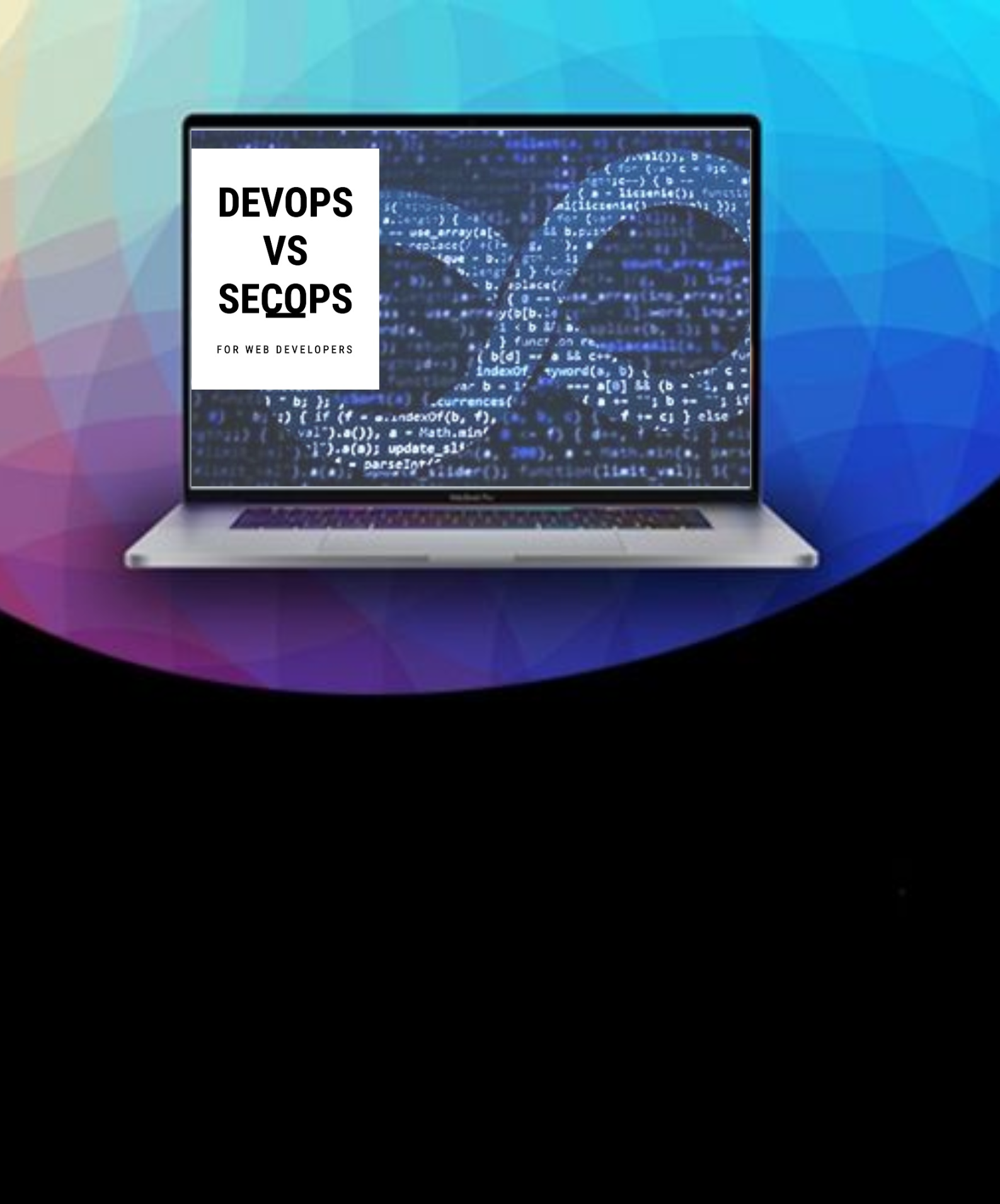

What is devops?
Devops is a job profile for developer. Devops is basically a development and operation it revolutionizes IT culture by collaborating software developers and IT professionals. It creates a workflow of faster and efficient deployment of the work. Devops is a way of working that combines development (that create a software) and operations (running and maintaining software) into one smooth process. The work will be done in this profession will be quicker and more efficient deployment of any work done in this profession.
What is Devsecops?
Devsecops is software development and operations (running and maintaining software) into one smooth process. Devsecops is a security operation of development It creates an automated Continuous Delivery (CD) pipeline by combining development, operations, security, and infrastructure as code. The purpose of devsecops is to automate manage and create a security through the software development lifecycle. It requires monitoring and applying security. This includes planning, building, testing, delivery, deployment operations, and monitoring. Implementing security practices at all stages of the development process allows organizations to achieve Continuous Integration.
DevOps and DevSecOps:
DevOps is all about improving how organizations work by bringing together developers, who create software, and operations, who keep it running smoothly. Instead of working separately, these teams share responsibilities, leading to better collaboration and faster results. What started as a general idea with some common practices has now grown into a well-defined culture and way of working. By embracing this shared approach, companies can develop and launch software more quickly and successfully. Building on this, DevSecOps integrates security into the DevOps process. It means making security a core part of the overall goals of the business.
DevSecOps is a natural progression from DevOps, not a separate concept. Teams already familiar with DevOps can smoothly transition to DevSecOps by adding security practices to their workflow, ensuring their software is not only fast and reliable but also secure. When DevOps first started, the main goal was to streamline the development process to quickly deliver business value, from building software to getting it live. However, in the rush to speed up releases, security often got left behind. Standard DevOps tools and practices focused mainly on speeding up the workflow, which led to security becoming a bottleneck. Traditional security checks were too slow to keep up with the fast pace of DevOps, and many organizations ended up dealing with security issues only after the software was already in production or by handing it off to a separate team. This created delays and slow feedback on security, undermining the benefits of a fast DevOps process.
How does devops work?
DevOps involves several key stages: continuous integration, continuous delivery, and continuous monitoring. This method makes sure that software development and deployment are smooth, automated, and well-coordinated, resulting in more reliable and robust software systems. A big part of DevOps is automation, which helps deploy applications quickly, consistently, and without errors. These tools create environments that are easy to reproduce and infrastructures that can scale up, which is vital for managing complex, distributed applications. Starting with DevOps Foundation Certification Training can help you build the essential knowledge and skills you need to get started.
How does devsecops work?
In devsecops security is provided to the software. security is woven into every stage of the software development lifecycle. In the development the code is written, tested and developed security checks continuously performed. And ensures the potential of the software .
| Parameters | Devops | Devsecops |
| purpose | Devops is primarly focused on increasing the speed of quality of software development, Deployment, delivery. | Devsecops scope to secure the software development by integrating security through software development life cycle |
| Focus | Devops focuses on collabrative between development and operation team the primary goal is to the software development and deployment process to deliver software faster and more reliably. | SecOps (Security Operations) focuses on integrating security practices within IT operations. The primary goal is to ensure that security is continuously monitored and managed throughout the IT infrastructure. |
| Tools | Common tools include Jenkins (CI/CD), Docker (containers), and Kubernetes (orchestration).
| Common tools include SIEM (Security Information and Event Management) systems like Splunk, vulnerability scanners like Nessus, and endpoint security solutions. |
| Objectives | Speed: Faster development and deployment cycles. Efficiency: Automated processes reduce manual errors and streamline workflows. Collaboration: Improved communication and collaboration between development and operations teams. | Security: Protecting the IT environment from threats and vulnerabilities. Compliance: Adhering to security policies and regulations. Risk Management: Minimizing risks associated with security breaches and incidents. |
| Compliance | Standard IT compliance and regulatory requirements. | Enhanced security compliance, often addressing more rigorous regulatory standards. |
| Scalability | Highly scalable, focusing on efficiency and speed. | Similar scalability with an added layer of security considerations. |
Conclusion: - In this discussion, we explored the key differences between DevOps and DevSecOps, highlighting that DevSecOps builds on the principles of DevOps by integrating security into every stage of the development process. Essentially, DevSecOps can be seen as a specialized branch of the broader DevOps methodology. In this article we get the information that what is devops and devsecops, how it works and the process of devops and devsecops and the difference between the devops and devsecops